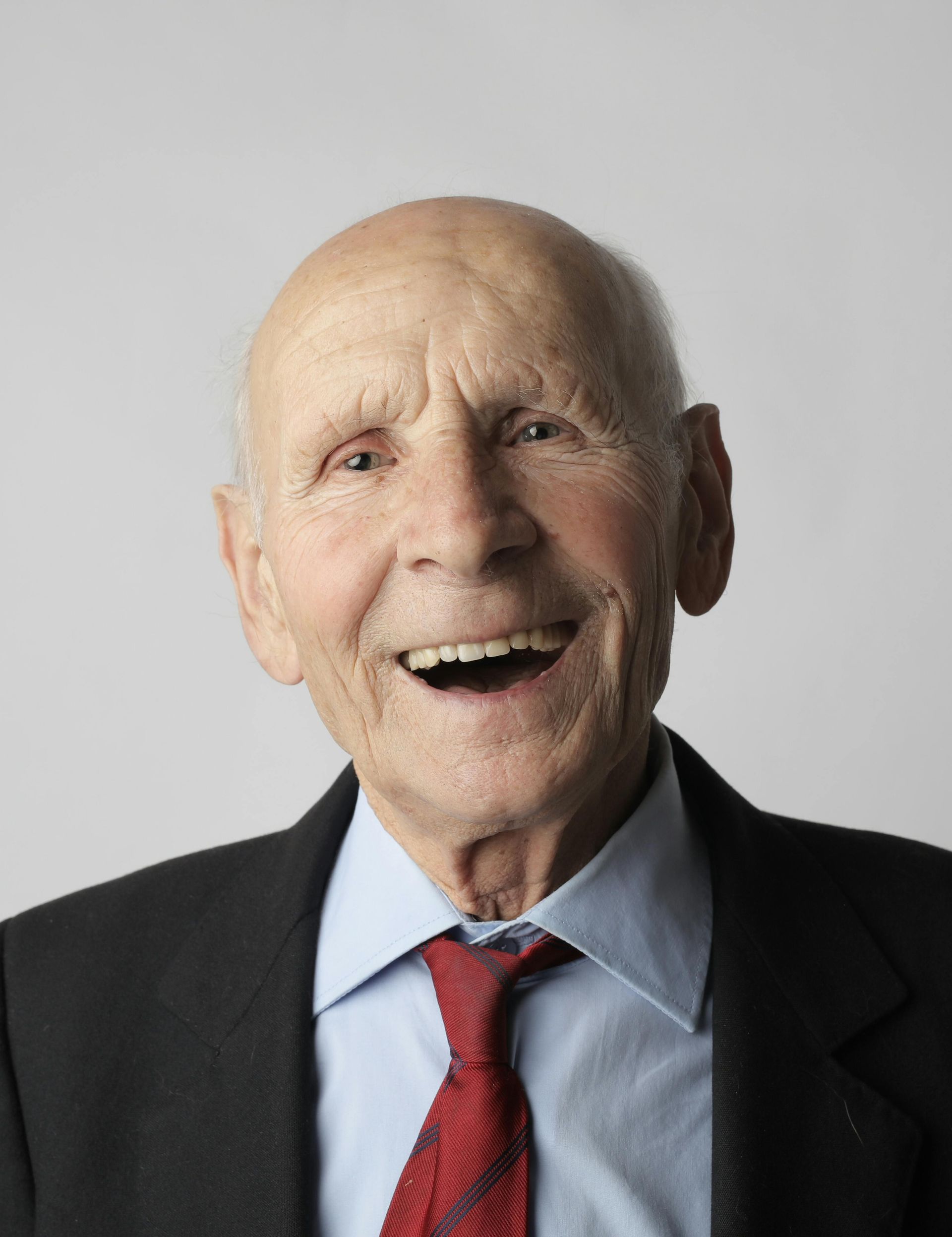What I Learned About Life, Loss, and Leadership (Part 1)

It was 11:42 PM on my fourth night when Sarah broke down in the medication room.
I had been shadowing the night shift, watching how our caregivers navigate the quiet hours when sundowning heightens and anxiety peaks among memory care residents. Sarah, a RA with eight years of experience, had just finished comforting Mrs. Johnson, who had been convinced her long-deceased husband was waiting for her in the parking lot.
"I'm sorry," Sarah whispered, wiping her eyes. "It's just... my mom's in the hospital again. Third time this month. My kid's got the flu, the babysitter quit yesterday, and I just..." She stopped, composing herself. "But our residents need me. So I'm here."
That moment crystallized something I'd been feeling since beginning my 30-day immersion in a Colorado memory care facility this January: our senior care staff don't leave their lives at the door when they clock in. They carry their struggles, their pain, their personal chaos right alongside their compassion and dedication.
As the CEO of Echo Assurance, I've spent years working with senior living facilities. I thought I understood the industry. But living in a memory care community for a month, working all three shifts, sharing meals with residents, and experiencing the raw reality of this environment changed everything I thought I knew about leadership in senior care.
The Hidden Weight Our Caregivers Carry
According to the National Center for Assisted Living, the average turnover rate for direct care workers in long-term care facilities hovers around 65%. Industry leaders often point to pay rates or burnout as the primary factors. But what I witnessed tells a more complex story.
During my stay, I observed 27 different staff members across all shifts. Here's what I learned about their lives:
- 72% were single parents or primary caregivers for elderly relatives
- 64% worked second jobs or attended school
- 58% faced significant personal challenges (health issues, housing instability, family crises)
- Yet 91% showed up for every scheduled shift during my time there
The traditional management approach would suggest tighter oversight, stricter policies, and progressive discipline for those struggling to maintain professional standards. But I watched something remarkable happen when leadership took a different approach.
The Power of Compassionate Leadership
On my twelfth night, I witnessed Elena, the night shift QMAP, handle a situation that transformed my understanding of effective leadership in senior care.
Mark, one of our most reliable CNAs, arrived 40 minutes late, clearly distressed. Instead of immediately writing him up, Elena pulled him aside. She learned his car had broken down, and he'd walked three miles in 20-degree weather to make it in. His phone had died, and he was facing eviction at the end of the month.
Rather than focusing solely on the tardiness, Elena:
1. Found another staff member to cover while Mark warmed up
2. Connected him with our maintenance supervisor, who moonlighted as a mechanic
3. Helped him draft a plan to access emergency assistance funds
4. Adjusted his schedule temporarily to match another RA's who lived nearby and could provide rides
The result? Mark didn't miss another shift for the rest of my stay. More importantly, his dedication to our residents seemed to double. I watched him stay late multiple times to help with difficult situations, mentor new staff, and even organize a birthday celebration for a resident who had no family visitors.
The Risk Management Perspective
From an insurance and risk management standpoint, the conventional wisdom suggests that personal problems among staff increase liability risks. The data tells a different story:
- Facilities with supportive management programs for staff personal challenges show 45% lower incident rates
- Employee assistance programs correlate with a 33% reduction in medication errors
- Communities that implement compassionate attendance policies see a 28% decrease in workplace injuries
The math is simple: when we support our staff through their personal challenges, they're better equipped to provide safe, quality care to our residents.
A New Approach to Staff Development
Based on my experience, I propose a three-tier approach to supporting staff while maintaining professional standards:
1. Proactive Support Systems
- Regular check-ins focused on personal wellbeing
- Emergency assistance funds for crisis situations
- Flexible scheduling options for staff facing personal challenges
- Partnerships with local resources (childcare, transportation, counseling)
2. Modified Leadership Training
- Teaching supervisors to recognize signs of personal crisis
- Developing action plans that balance compassion with accountability
- Creating clear pathways for staff to request help without fear of judgment
3. Community-Based Solutions
- Staff carpooling programs
- Meal sharing initiatives
- Childcare cooperatives
- Skill-sharing networks
The Night That Changed Everything
On my final week, I experienced firsthand why this matters so much. At 3:15 AM, we lost our third resident during my stay. Martha, a beloved former schoolteacher, passed peacefully in her sleep. Sarah - the same RA from the medication room - had just checked on her fifteen minutes earlier.
The staff's response showed me everything about why supporting them through their personal challenges matters. Despite their own struggles, every single team member present handled the situation with profound dignity and grace. They knew exactly what Martha would have wanted - they knew her favorite hymn, knew she preferred her hair braided a certain way, knew which perfume she loved.
This level of care doesn't come from staff who are just showing up for a paycheck. It comes from people who, despite their own challenges, have enough support and stability to pour their hearts into their work.
Looking Forward
As I reflect on my month in memory care, I'm struck by a simple truth: our staff don't need us to solve all their problems. They need us to acknowledge their humanity, support their resilience, and create an environment where asking for help is seen as a sign of strength, not weakness.
In Parts 2 and 3 of this series, I'll share more insights about the power of culture and the profound lessons our memory care residents taught me. But for now, I challenge every senior living operator to ask themselves: Are we truly supporting our staff through their personal challenges, or are we just expecting them to leave their lives at the door?
Because I can tell you firsthand - they can't. And more importantly, we shouldn't want them to.
---
*Scott Reese is the CEO of Echo Assurance and has spent over two decades working with senior living communities. This article is Part 1 of a 3-part series about his month-long immersion in a memory care facility. Stay tuned for Part 2: "The Culture Code: Why Some Communities Thrive While Others Survive."*











